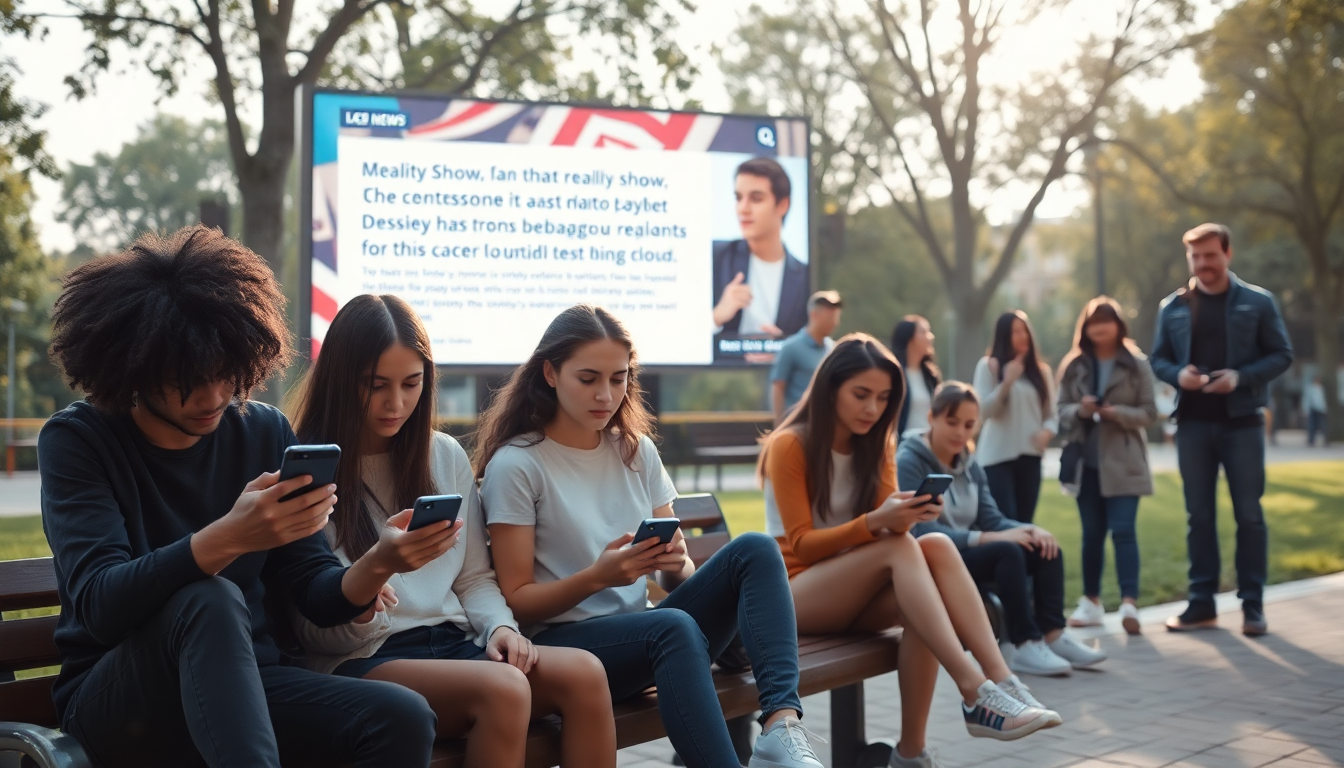Table of Contents
Reality television can be a double-edged sword, can’t it? With the rise of social media, participants often find themselves under a microscope, where every move is scrutinized and can lead to instant backlash. Just look at the recent exit of Cierra Ortega from Love Island USA. Her departure illustrates this intense scrutiny perfectly. After some past controversial statements resurfaced, her family stepped in with a heartfelt plea for understanding and compassion amid the wave of criticism. This situation not only underscores the challenges of fame but also prompts us to think about accountability and the importance of empathy in our public conversations.
The context of Cierra Ortega’s exit
Cierra, who was a standout contestant in Season 7 of Love Island USA, left the show in a whirlwind of speculation. During a recent episode, the narrator mentioned that she had exited due to a personal situation, which many fans quickly connected to the backlash from her previous social media posts. These posts included some racially insensitive remarks, igniting a storm of criticism online. Recognizing the situation’s gravity, Cierra’s family felt compelled to address the unfolding drama directly.
In their statement, Cierra’s family shared the deep pain they’ve experienced during this tough time. They acknowledged the hurtful comments swirling around on the internet, stressing that while accountability is crucial, the level of hostility directed at Cierra and her loved ones has spiraled out of control. Their message poignantly highlights the emotional toll that public scrutiny can take, not just on the individual at the center of the firestorm but also on their family and friends.
The importance of compassion and understanding
As Cierra takes a step back from the limelight to process everything that’s happened, her family is calling for compassion from the audience. They’re urging fans and critics alike to remember that behind the screen is a real person grappling with the fallout of their actions and the immense pressure of public perception. This plea for understanding emphasizes a critical point: while we should hold individuals accountable, we must also approach these situations with kindness and humanity.
Their statement resonates strongly in today’s social media landscape, where outrage can escalate to unprecedented levels. They noted, “We’re not here to justify or ignore what’s surfaced. We understand why people are upset, and we know accountability matters.” This sentiment strikes a delicate balance—acknowledging the harm while advocating for a measured response that recognizes the complexities of personal growth and the potential for change.
Reflections on accountability and growth
Cierra Ortega’s situation isn’t an isolated incident; it reflects a wider trend in the realm of reality television and social media, where past actions can resurface and lead to swift consequences. We’ve seen similar situations in Season 7 of Love Island USA, such as when contestant Yulissa Escobar faced removal from the show due to comparable issues. These events spark essential conversations about accountability and the capacity for individuals to learn from their past mistakes.
Cierra’s family is optimistic that when she returns, she’ll confront the situation with honesty and grace, using her experiences to reflect on the impact of her actions. They stress that personal accountability is a journey—one that requires time and space for reflection. This perspective invites us to adopt a more nuanced understanding of the paths individuals take toward personal growth, encouraging us to consider the potential for learning and transformation rather than merely focusing on punitive measures. So, how can we support this journey while still demanding accountability?


